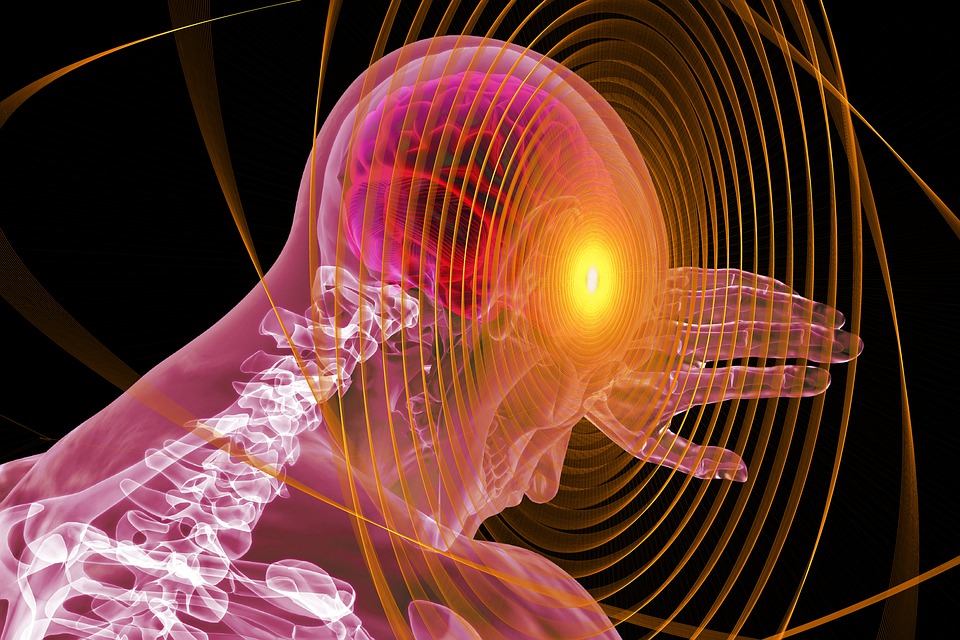Concussions often occur due to falls, car accidents, and sports. The term concussion is broad and non-specific. This post talks about what happens during the injury and some common symptoms that occur in concussions.
Here are some things to keep in mind to reduce your risks if you think you have a concussion.
The first thing is to rule out any very serious injury that can occur including swelling in the skull and fractures so a trip to the ER very well may be the best thing you can do right after the injury.
Beyond this, there are established general guidelines for managing concussions.
The vast majority of all healthcare practitioners do not understand these and far too often make poor recommendations based upon very outdated ideas about concussion management.
As an example, bed rest is generally not recommended and may cause more harm.
Concussion Severity and Risks For Worse Outcomes
Another challenge is that there are huge variances in injury severity, location, and recovery of a person. Unfortunately this means that there are no universal treatments that can be given to help every person.
Some of the risk factors for a greater problem include age, being a female, a history of past concussions, a history of neurological disorders (including migraines, ‘mental’ health disorders, metabolic disorders, and post-traumatic memory loss among others.
Some people have very mild concussions and recover very well without any intervention. Unfortunately others have more serious problems and may need appropriate treatment.
The past history of concussions is an important factor as the previous concussion(s) may have resulted in some permanent changes in the brain’s innate immune system which cause a more aggressive response to injury resulting in greater inflammation and damage.
The metabolic factors are important as the brain’s ability to produce energy is significantly reduced after a significant concussion. If there is already an energy production problem as seen in various anemias or diabetes for example then the drop in energy production further after a concussion can be a real problem.
Symptoms can give the experienced healthcare practitioner insight into areas of the brain that may have problems. A very good neurological exam can help localize areas that aren’t functioning as well as they should be functioning. Certain tests/imaging may be necessary.
Concussion Recovery and Treatments
A significant concussion results in a series of things that happen in the brain and body as the brain attempts to start it’s own recovery process. These processes can cause many problems in people. Often there are specific things to do to improve the processes and recovery.
All these things and more need to be taken into account in order to optimize concussion recovery.
Treatment may include significant lifestyle modifications, an appropriate physical exercise program for the individual, and specific rehabilitation to improve function in problem areas. Other treatments and recommendations may be necessary depending upon the individual.

 Protected by Patchstack
Protected by Patchstack
Leave a Reply